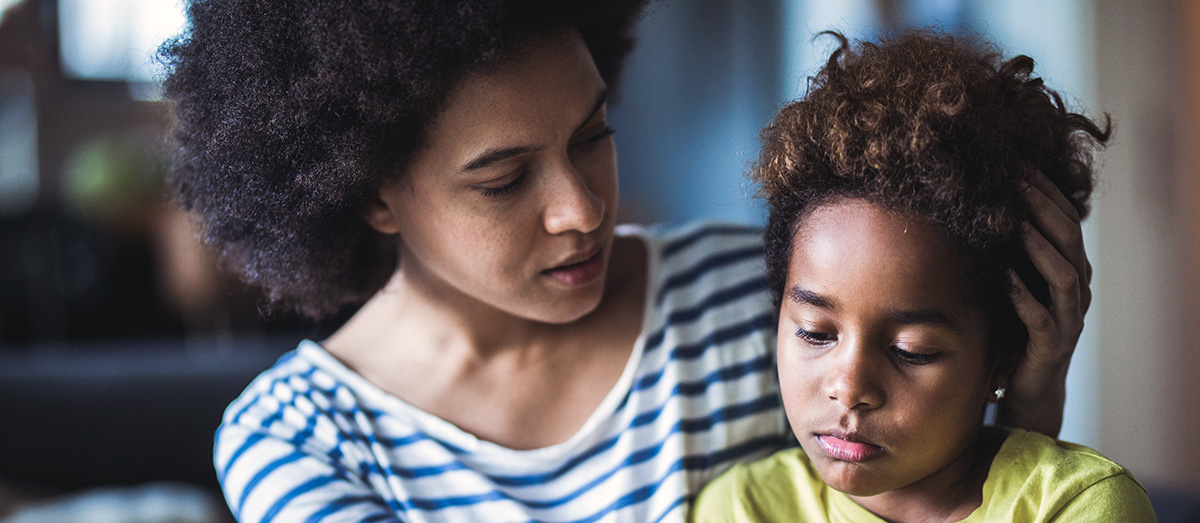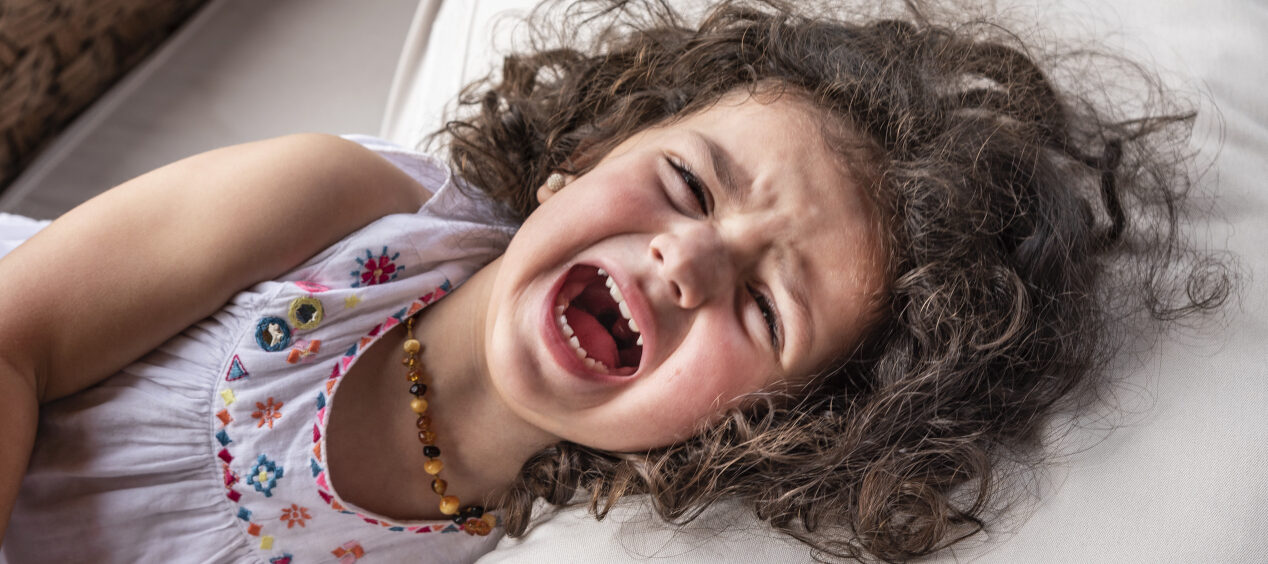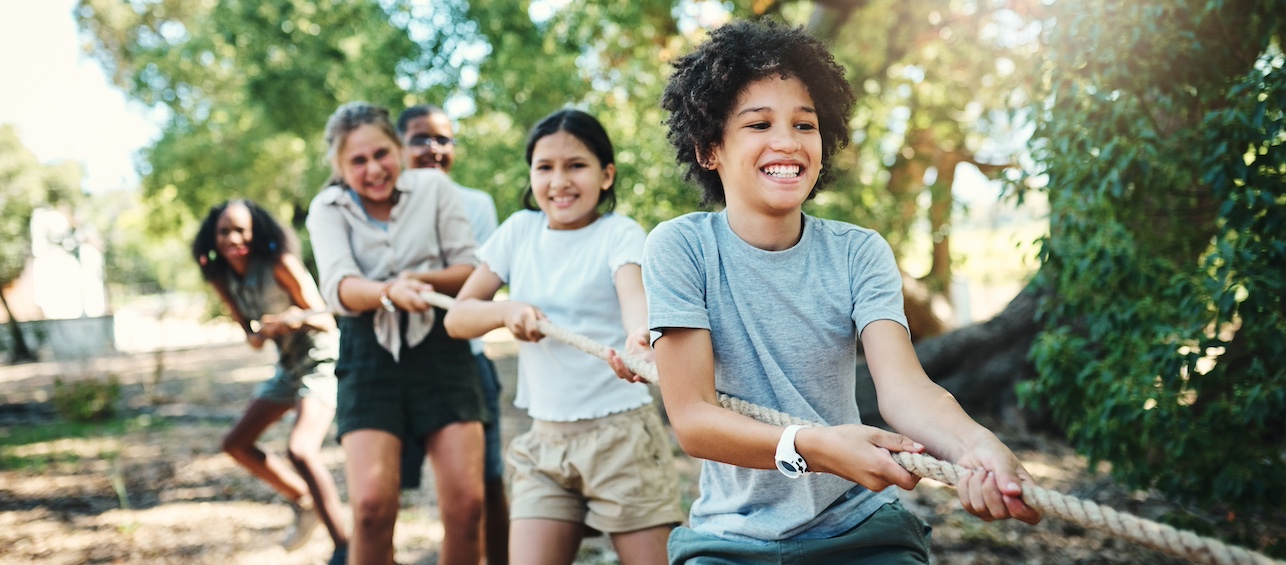Whenever violence happens in the news, such as a school shooting, terrorist attack, or fighting here or across the world, many parents struggle with how to talk to their kids about it.
In my opinion, it’s important to discuss these events with them, no matter what the nature of the violence is. In all likelihood, they’ve already heard about it and may not understand what’s going on. They may be feeling scared, worried or angry.
It’s challenging to strike a balance between helping them feel safe and giving them the information they need to be informed. Further, it’s important to do it in a way that is appropriate for the child’s age and maturity level. As a child psychologist, here are some tips that I give to my patients’ families:
TIPS FOR TALKING TO KIDS ABOUT VIOLENCE IN THE NEWS:
1. START BY ASKING WHAT THEY’VE HEARD
Listen for misinformation, misconceptions and underlying fears or concerns. Answer them at their developmental level. Young children want simple but accurate information, and are better able to cope when they feel like they understand something about it. Try not to give more details than they ask for, because they can get overwhelmed easily. For teens, make sure to cover what they’ve seen and read on social media as well. Try to address their more mature thoughts, fears, concerns and perspectives.
2. EXPLAIN WHAT ADULTS ARE DOING TO KEEP THEM SAFE, BUT DON’T PROVIDE FALSE REASSURANCE
This is a tricky one to navigate. With the news, it may seem like people are doing bad things more frequently so you do not want to tell children that this is unusual or will never happen to them. However, there are overwhelmingly more good people than bad in this world. And many of those good people do things to protect us and prepare for violent situations.
You may find it helpful to show them all of the people helping victims or showing their support for change. It can also be beneficial to have safety plans in place – both outside of the home and within – so that your children know what to do in an emergency. For example, explain that when they’re somewhere away from home, they should know where the exits are. At home, families should have a meeting place nearby in case there is a fire. Further, children should know how to call 911.
3. MINIMIZE THEIR EXPOSURE TO THE NEWS
While children can benefit from learning the basic information about what happened, there is no merit in them viewing graphic details or being exposed to disturbing images or sounds. It’s important to remember even if you think your children are distracted, they can still pick up on what’s happening in the background on the news.
4. REASSURE THEM THAT FEELINGS OF SADNESS, WORRY AND ANGER ARE OKAY
Children, like adults, are better able to cope with their emotions if they know that they’re not alone, and that these feelings are “normal.”
5. SHARE HOW YOU’RE FEELING AND COPING
Children model their behavior after adults. Let them know that you’re sad and angry too, and how you plan on working through those feelings. Tell and show them that you’re going to talk to your friends and family members about it and write your local representative about change, and then you’re going to take a long walk, or do another activity that provides stress relief, such as coloring, taking deep breaths, or relaxing in a warm bath. If we can remain calm and continue with our regular adult routines, our children’s fears may be eased.
6. LET THEM KNOW THAT YOU ARE AVAILABLE IF FURTHER CONCERNS COME UP
Knowing that this isn’t a one-time conversation will help your kids feel more comfortable bringing up their feelings later. Like many developing news stories, more coverage comes out as new information is learned. And further discussion may be needed.
If you have concerns about how your child is coping, speak with his or her primary doctor. He or she may recommend a referral to a child psychologist.
Our Behavioral Medicine and Clinical Psychology division can be reached at 513-636-4336 or visit our website for more information.






Thank you so much for providing this information. This was very helpful! Best, Ginny